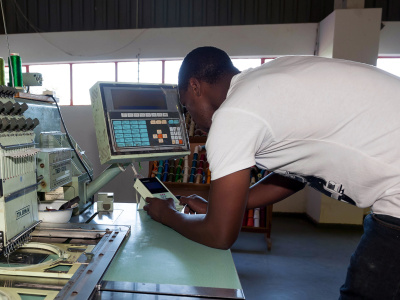
Upscaling debt swaps for greater impact
Our poly-crisis world has led to rising debts, especially in the Global South. Debt swaps, a financial transaction where creditors forgive a portion of a country’s sovereign debt in exchange for investment in sustainable development, are praised as one of the innovative solutions. Karim Karaki and San Bilal argue that its implementation should address some of its main limitations, and in particular, the lack of scale.
Summary
Our poly-crisis world has led to rising debts, threatening the sustainable recovery and development of
many countries in the Global South. Debt swaps, a financial transaction where creditors forgive a portion
of a country’s sovereign debt in exchange for investment in sustainable development, are praised as one
of the innovative solutions to provide additional resources in support of developing countries. While there
may be some enthusiasm to further the implementation of debt swaps, it should be done in a way that
addresses some of its main limitations, and in particular, the lack of scale.
This paper puts forward three main avenues that European governments, financial institutions, civil
society organisations and private financiers should explore if they want to upscale debt swaps involving
both commercial and bilateral public creditors: (1) adopt a multi/plurilateral approach to debt swaps; (2)
leverage and pool guarantees for debt swaps; and (3) attract co-financing.
The paper provides an overview of the underlying main challenges and opportunities and highlights some
key reflections to consider to maximise sustainable development impact.





